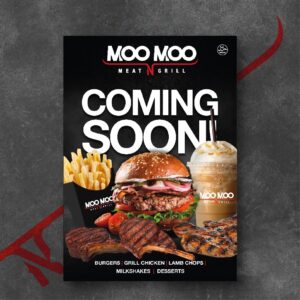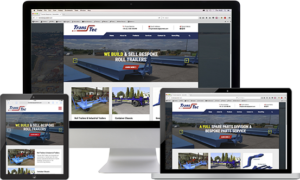

Illustrations have the power to bring a unique and personalized touch to graphic design projects. Whether you’re designing a website, branding materials, or promotional materials, incorporating illustrations can enhance visual appeal, communicate ideas effectively, and create a memorable experience for your audience. In this blog post, we will explore valuable tips for successfully integrating illustrations into your graphic design projects.
Understand the Purpose and Message: Before incorporating illustrations, clarify the purpose and message of your design project. Identify the key ideas, emotions, or concepts you want to convey. Illustrations should align with and enhance the intended message, whether it’s to evoke a specific mood, showcase a product, or communicate complex information in a simplified manner.
Choose the Right Style: Select an illustration style that complements the overall design aesthetic and resonates with your target audience. Consider the mood, tone, and personality you want to convey. Whether you opt for hand-drawn illustrations, digital vector graphics, or a combination of styles, ensure that it harmonizes with the overall design and supports the desired brand image.
Tailor Illustrations to Your Brand: Customize illustrations to reflect your brand’s identity and values. Incorporate elements, colours, or themes that are unique to your brand. Consistency is key in establishing a recognizable and cohesive visual identity. Consider creating a set of brand guidelines for the use of illustrations to maintain a consistent look and feel across different design projects.
Emphasize Storytelling: Illustrations have the ability to tell stories and evoke emotions. Use them to convey narratives, showcase processes, or guide users through a visual journey. Consider incorporating characters, environments, or sequential visuals to create engaging narratives that captivate your audience and help them connect with your brand or message.
Balance Illustrations and Other Design Elements: When integrating illustrations, strike a balance with other design elements such as typography, colours, and layout. Ensure that the illustrations enhance the overall composition without overwhelming or distracting from the main message. Use negative space and visual hierarchy to create a harmonious relationship between illustrations and other design elements.
Consider Scalability and Adaptability: Design your illustrations with scalability and adaptability in mind. Ensure that they can be easily resized or modified for various applications, such as website banners, social media posts, or printed materials. Vector-based illustrations are particularly advantageous as they can be scaled without losing quality or resolution.
Collaborate with Illustrators: If you’re not an illustrator yourself, collaborate with professional illustrators who can bring your vision to life. Seek illustrators whose style aligns with your project’s needs and ensure effective communication throughout the collaboration process. Share your design requirements, references, and expectations to achieve the desired outcome.
Test and Iterate: Gather feedback and test the effectiveness of your illustrations within the design project. Conduct user testing or seek input from colleagues or clients to evaluate the impact and clarity of the illustrations. Iterate and refine your illustrations based on the feedback received to enhance their effectiveness and alignment with the overall design goals.
Stay Inspired and Evolve: Keep up with current illustration trends and explore diverse sources of inspiration. Follow illustrators, design communities, and platforms to discover new techniques, styles, and ideas. Continuously evolve your illustration skills and explore new ways to incorporate them into your graphic design projects, ensuring your work remains fresh and engaging.
Conclusion: Incorporating illustrations into graphic design projects adds depth, creativity, and a personal touch. By understanding the project’s purpose, choosing the right style, customizing illustrations to your brand, emphasizing storytelling, and maintaining a balanced composition, you can create visually captivating designs that leave a lasting impact on your audience. Embrace the power of illustrations and enjoy the unique opportunities they provide to elevate your graphic design projects.






I’m a Graphic Designer with a passion for creating unique and visually stunning designs. I have a keen eye for detail and a deep understanding of colour, typography, and composition. With years of experience in the industry, I have worked with a variety of clients across different sectors, including fashion, tech, and hospitality.